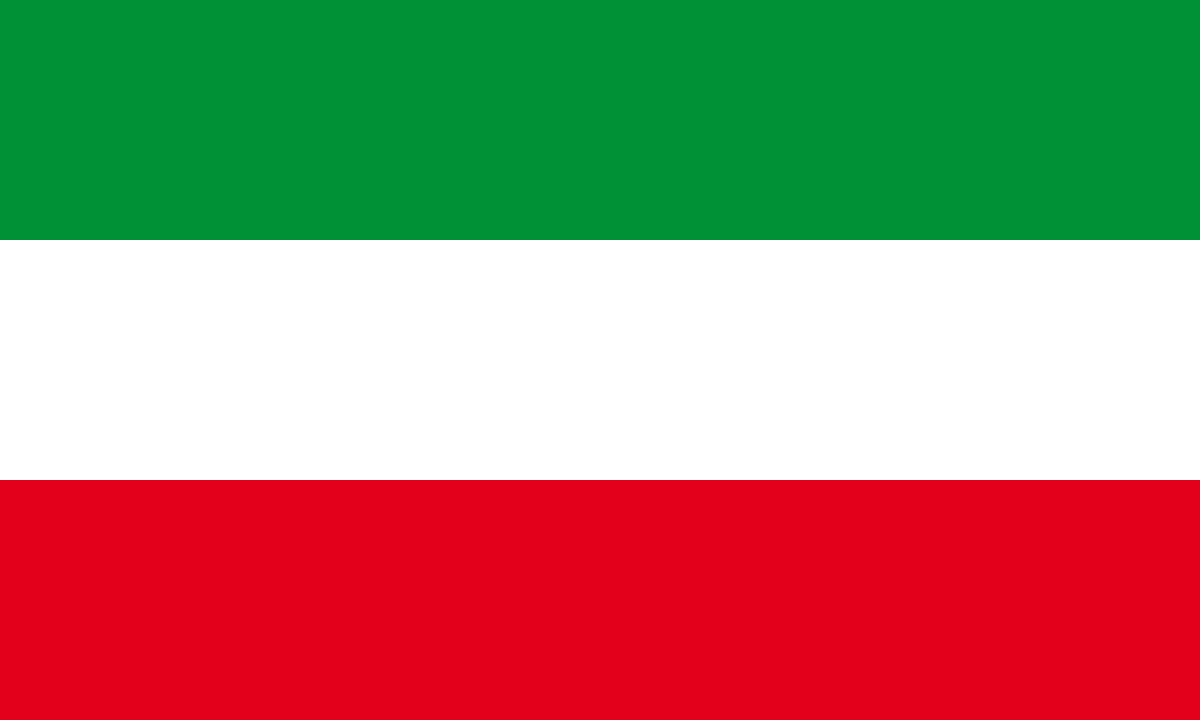You are stating as a fact a figure larger than the estimate of the German governmnet---which in turn has been widely disputed by historians as exaggerated.
According to the German Historical Museum; "Flucht und Vertreibung aus den ehemaligen Ostgebieten des Deutschen Reichs hielten bis lange nach Kriegsende an und forderten zwischen 1944 und 1947 bis zu 600.000 Menschenleben. Amtliche Zahlen aus den 1950er Jahren gingen von ca. zwei Millionen Toten aus, halten einer Überprüfung aber nicht stand." ("Flight and expulsion from the former eastern territories of the German Reich continued long after the end of the war and claimed up to 600,000 lives between 1944 and 1947. Official figures from the 1950s assumed around two million deaths, but do not stand up to scrutiny."
https://www.dhm.de/lemo/kapitel/zweiter-weltkrieg/kriegsverlauf/massenflucht/
"The West German government during the
cold war conducted investigations of the wartime flight and expulsions. The
Schieder commission published a series of reports that documented the expulsions based on eyewitness accounts. Schieder chronicled the flight and expulsions, but did not provide background on the wartime crimes of Nazi Germany in
Central and Eastern Europe that motivated the Allies to expel the Germans after the war. Schieder in 1953 estimated that 2 million persons perished in Poland, a figure that continues to endure in Germany.
[2] Schieder's estimate of the casualties was superseded by a separate demographic analysis of prepared by the
Federal Statistical Office of Germany, in 1958 they estimated losses at 2.225 million.
[3] The German Church Search Service working with the
German Red Cross attempted to trace and identify those who perished in the expulsions. The investigation of the Church Search Service was only partially successful, by 1965 they were able to confirm about 500,000 deaths but could not clarify the fates of 1.9 million persons that were listed as "unsolved". The findings of the Church Search Service were not published until 1987.
[4][5][6] Another report was issued by the
German Federal Archives that identified 600,000 civilian expulsion deaths due to crimes against
international law. This report was not published until 1989.
[7]
"
Ingo Haar who is currently on the faculty of the
University of Vienna said on 14 November 2006 in
Deutschlandfunk that about 500,000 to 600,000 victims are realistic, based on a German governmental studies initiated in the 1960s.
[8] Haar said these numbers were compiled from actually reported deaths, while higher figures of about two million deaths were estimated with the population balance method in a German governmental study of 1958.
[8] Haar said the higher estimates must be seen in the historical context of the 1950s, when the government of
West Germany needed high numbers for political reasons.
[8] During the
Cold War West Germany wanted to revert to prewar borders in
Central Europe. Military historian
Rüdiger Overmans said on 6 December 2006 in
Deutschlandfunk that only the about 500,000 registered deaths could be counted, and that the unaccounted cases calculated with the population balance method need be confirmed by further research.
[9] However, on 29 November 2006 State Secretary in the German
Federal Ministry of the Interior, Christoph Bergner, reaffirmed the position of the German government that 2 million civilians perished in the flight and expulsion from
Central and Eastern Europe.
[10] The German Red Cross in 2005 maintained that death toll in the expulsions is 2,251,500 persons.
[11]"
https://en.wikipedia.org/wiki/Demographic_estimates_of_the_flight_and_expulsion_of_Germans
(I am not taking sides on what the actual figures are, simply saying that one particular estimate should not be treated as the undisputed truth, especially when it is larger than the West German and then German government's own widely criticized estimates.)
